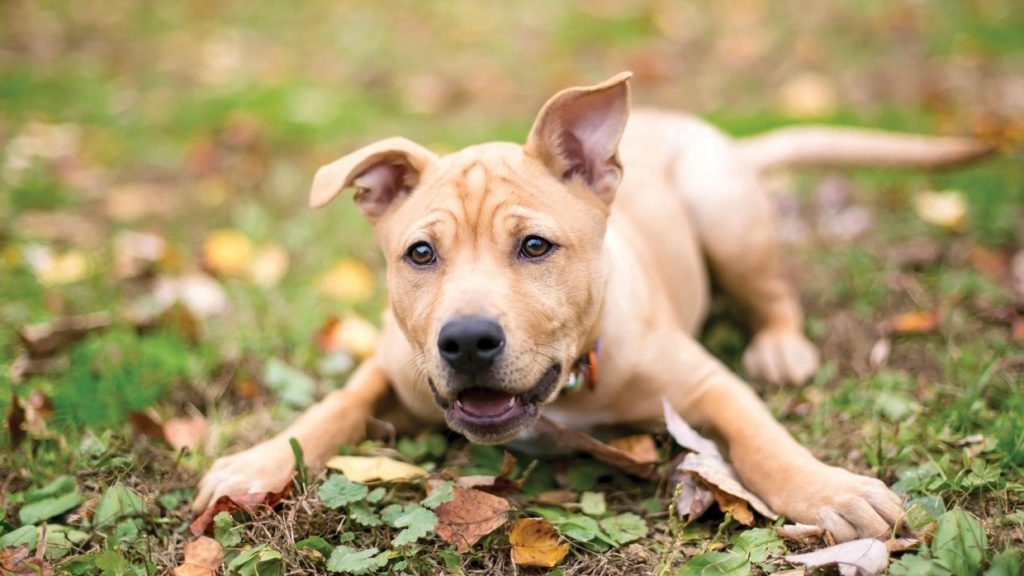If you’ve ever had a pet dog, you’d know that looking after your four-legged furry friend isn’t a cakewalk. From a nourishing diet to a healthy exercise routine – you need to take care of various things to ensure your dog’s physical and mental wellbeing.
This is all the more crucial considering that pets can’t express their pain, discomfort, and stress like humans. In fact, their natural instinct often is to hide and suppress any signs of weakness. Unfortunately, just like us, dogs suffer from a wide array of anxiety disorders.
While occasional signs of anxiety due to lifestyle and environmental changes are common, some dogs suffer from debilitating bouts of anxiety. It can interfere with their normal behavior and cause them to become overly aggressive.
As a dog parent, it’s up to you to watch out for the obvious and subtle signs of anxiety in your dog and help them calm down. The good news is that there are a plethora of simple and effective ways to manage anxiety in your dog.
In this blog, we’ll delve deeper into the topic of anxiety in dogs and understand its causes. We’ll also take a look at a few effective remedies to help your dog calm down. Let’s get started.

Anxiety in Dogs: What Are the Causes?
Typically, your dog could be suffering from anxiety because of the following:
- Separation
- Fear
- Aging
Separation Anxiety
Separation anxiety is likely the most common form of anxiety in dogs. It’s triggered by separation from the dog’s guardian or other family members.
If your dog suffers from separation anxiety, they’ll become restless when left alone in the house. They might also exhibit undesirable behavior, such as destroying furniture and urinating or defecating in the house.
Fear-Related Anxiety
This type of anxiety is triggered by events or environmental changes that your dog is afraid of. For instance, your dog might become fearful before/during a thunderstorm or fireworks. Likewise, they might resist going to the vet or for a car ride.
Age-Related Anxiety
Older dogs suffering from cognitive dysfunction syndrome (CDS) can exhibit signs of confusion and anxiety.
Common Signs of Anxiety in Dogs
So, if your dog can’t adequately express their nerves and jitters, how can you know whether they’re suffering from anxiety? The key is to monitor their behavior and body language and look for subtle or persistent changes.
Here are a few signs you should watch out for:
- Barking, growling, or howling
- Shivering
- Panting and breathlessness
- Drooling
- Aggression
- Destructive behavior
- Pacing
- Urinating or defecating more frequently
- Excessive licking
- Loss of appetite
- General restlessness
It’s worth mentioning here that you shouldn’t dismiss any of these signs as your dog being just naughty or unruly. Make sure you keep a record of these symptoms and discuss them with your vet to find the root cause.
Remedies for Dog Anxiety
First things first – irrespective of whether your dog is just scared of loud noises or showing signs of separation anxiety, don’t try to implement any remedies on your own. It’s always a good idea to consult your vet and understand what’s causing your dog to become anxious.
Depending on the cause of anxiety, the vet will suggest a suitable anxiety management plan that includes one or more of the following:
Behavioral Training
This is the most effective way of treating separation and fear-related anxiety. The key is to use behavioral modification techniques to change your dog’s response to the anxiety-causing stimuli. You can use techniques, such as positive reinforcement and desensitization, for this purpose.
For instance, if your dog is scared of car rides, you can take them near the car one day and reward them. The next day, you can make them sit inside the car and reward them with a treat. On the third day, you can take them for a short drive followed by a small reward.
Likewise, you can use toys and food puzzles to keep your dog occupied while they’re alone at home.
Medication
Depending on the root cause and intensity of anxiety in your dog, the vet might recommend antidepressants and SSRIs. You can even buy commonly prescribed drugs, including fluoxetine and clomipramine, from websites such as PetCareRx.com.
However, it’s recommended that you don’t administer these medicines on your own. Consult an experienced vet to identify the right dosage and duration of medication for your dog. Your vet might also prescribe benzodiazepines alongside other medicines for any impending anxiety-inducing events.
Alternative Therapies
Herbal supplements, such as valerian root, simulate the effect of benzodiazepines and create a calming effect on your dog’s brain. Likewise, recent studies have shown that CDB oil also helps alleviate anxiety in dogs.
However, the success of these natural remedies is largely based on anecdotal evidence. You should, therefore, tread with caution and discuss the pros, cons, and right dosage of these therapies with your vet.
Another risk-free natural remedy is to make your dog listen to soft and relaxing music. In fact, a 2017 study concluded that certain genres of music, such as soft rock and Reggae, decrease heart rate in dogs, thereby reducing anxiety and stress.
What techniques have you used to help your dog cope with anxiety? Share your tips in the comments section below.



